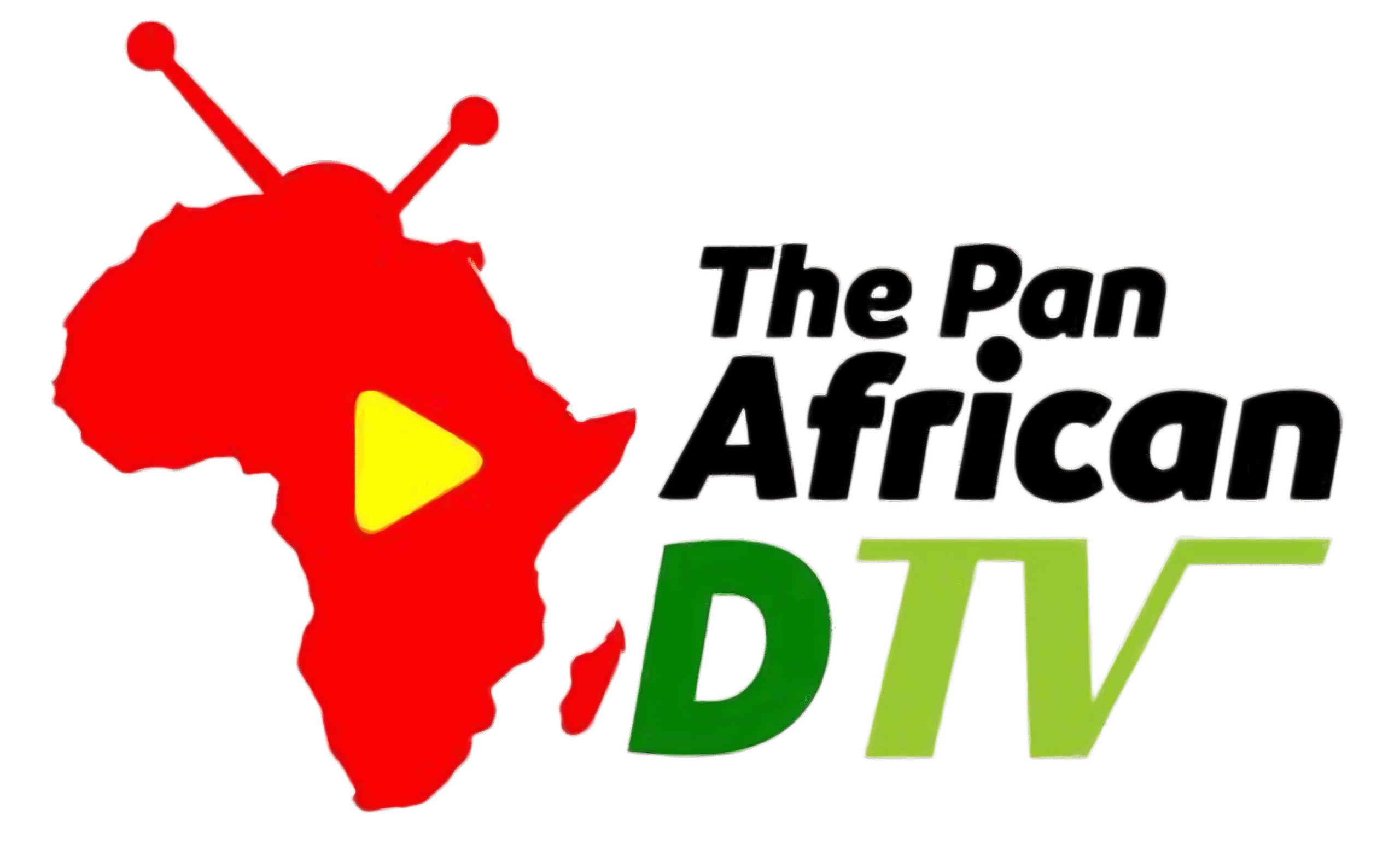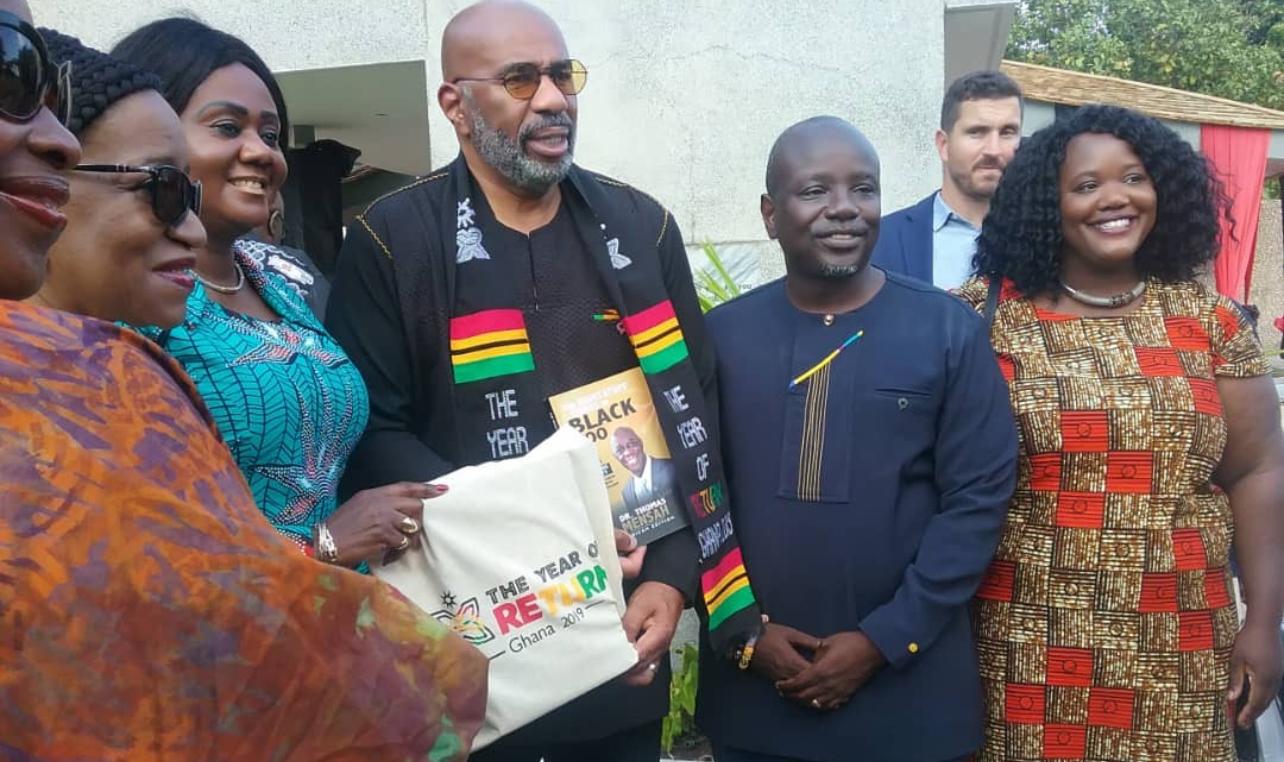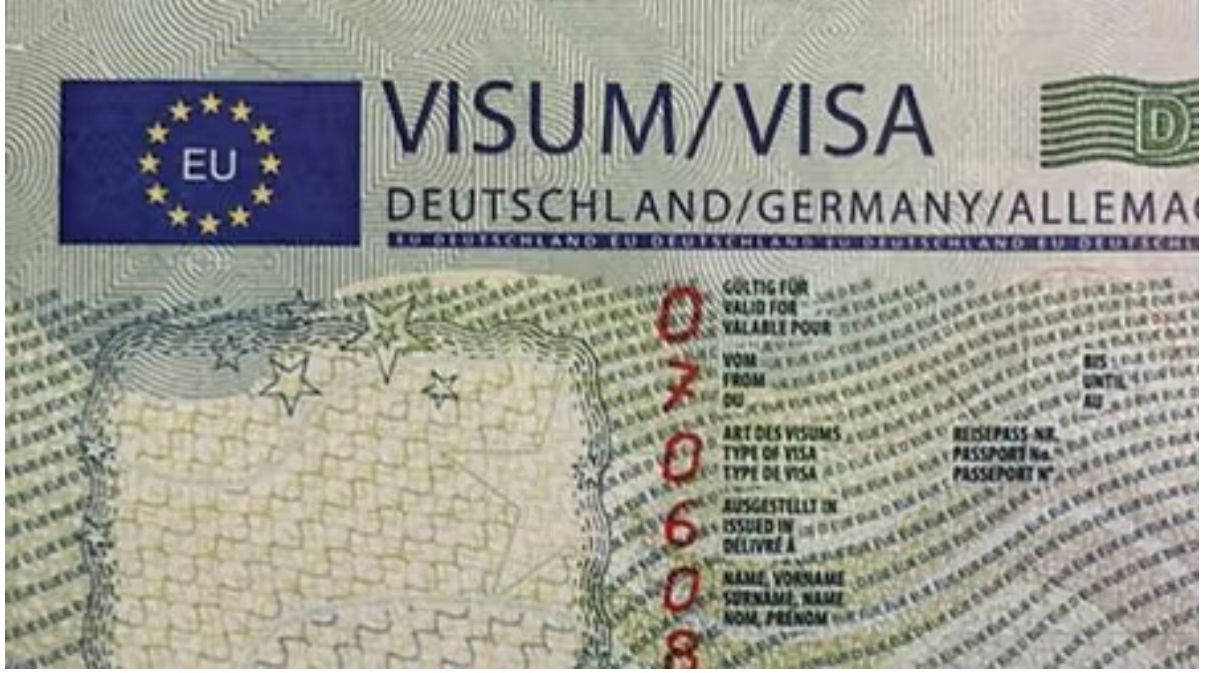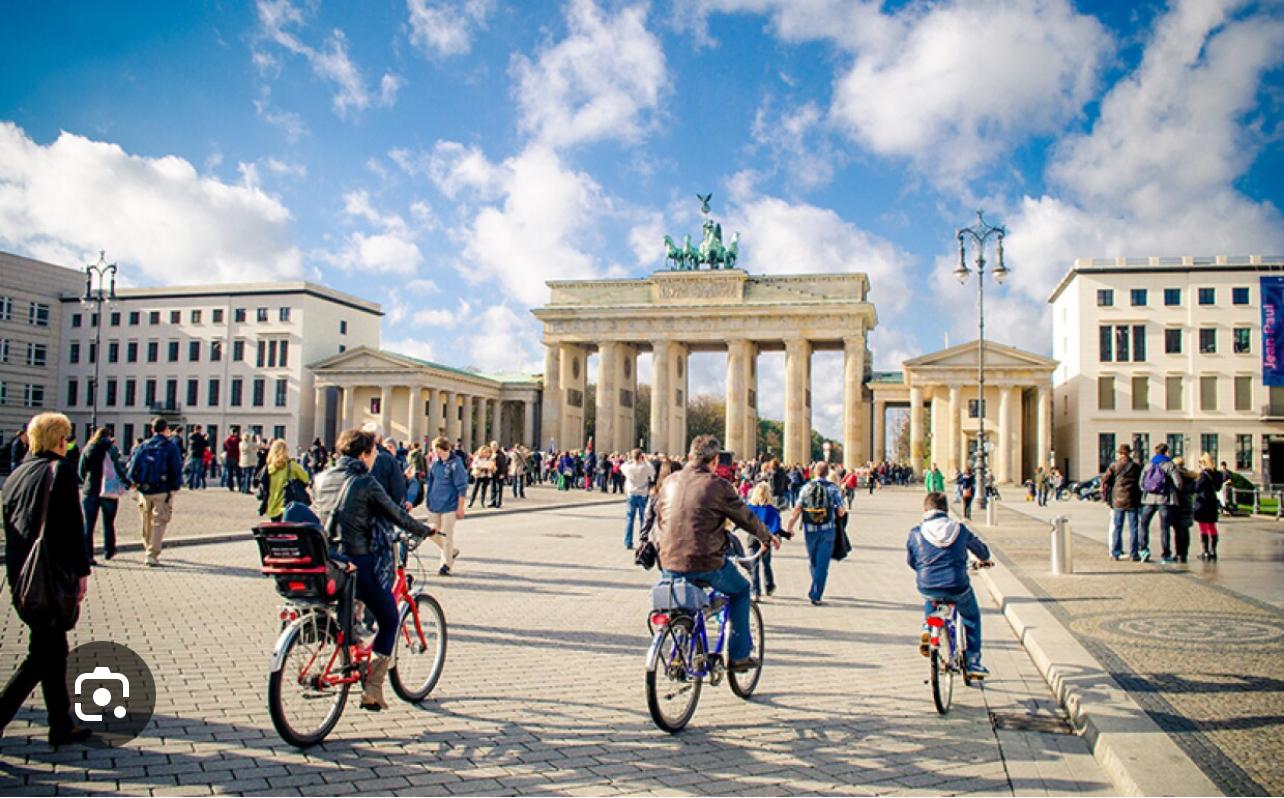Coming Back to the Motherland
For centuries, Africans in the Diaspora have carried a deep longing to reconnect with their ancestral homeland. Whether through historical return movements, modern repatriation efforts, or cultural rediscovery, thousands of people of African descent are now making the journey back to Africa. Some seek economic opportunities, others look for a sense of belonging, and many are inspired by the idea of contributing to Africa’s growth.
From Ghana’s “Year of Return” to Pan-African communities forming in Rwanda, Senegal, and Tanzania, the return of the African Diaspora is reshaping the continent socially, culturally, and economically.
The History of African Return Movements
The desire to return to Africa is not new—it has been a central theme in African Diaspora history. Several movements have shaped the idea of homecoming:
- The Back-to-Africa Movement (18th-20th Century) – Led by figures like Marcus Garvey, this movement encouraged African Americans and Caribbeans to return to Africa to build a self-sufficient Black nation.
- Liberia & Sierra Leone (19th Century) – Freed African Americans and enslaved Africans in the Caribbean were resettled in Liberia (founded in 1822) and Sierra Leone (founded in 1787). Monrovia, Liberia’s capital, is named after U.S. President James Monroe, reflecting the role of freed African Americans in its establishment.
- Pan-Africanism & African Independence (20th Century) – Leaders like Kwame Nkrumah, Haile Selassie, and Julius Nyerere promoted the idea of African unity, inspiring many in the Diaspora to reconnect with Africa.
The “Year of Return” & Beyond
In 2019, Ghana launched the “Year of Return”, marking 400 years since the first enslaved Africans were taken to the Americas (1619-2019). The initiative invited African descendants worldwide to visit Ghana, explore their heritage, and even apply for citizenship.
- Over 1 million visitors traveled to Ghana in 2019, including celebrities like Steve Harvey, Boris Kodjoe, and Ludacris.
- Ghana extended the initiative with the “Beyond the Return” campaign, encouraging people not just to visit but to invest and settle in Africa.
Citizenship & Legal Recognition
Several African nations now offer citizenship, permanent residency, or special visas to Diaspora returnees:
- Ghana – Offers citizenship to African Americans and Caribbeans.
- Sierra Leone – Grants citizenship to African descendants who can prove ancestral ties through DNA testing.
- Rwanda – Encourages skilled Diaspora members to return and contribute to national development.
- Senegal & Gambia – Welcome African Diaspora communities with land and investment opportunities.
Economic & Entrepreneurial Opportunities
Many returnees are not just looking for cultural reconnection—they are actively investing, starting businesses, and creating jobs. Key sectors include:
- Real estate & hospitality – Diaspora returnees are building hotels, eco-lodges, and housing developments.
- Technology & startups – Cities like Accra, Kigali, and Lagos are attracting Diaspora tech entrepreneurs.
- Agriculture & sustainability – Many are investing in organic farming, permaculture, and food security projects.
The Challenges of Returning
While the idea of returning to Africa is powerful, it is not without challenges. Many returnees face:
- Cultural adjustment – Adapting to new social norms, languages, and local customs.
- Bureaucracy – Navigating visas, work permits, and land ownership laws.
- Economic realities – While Africa is full of opportunities, business success requires patience, networking, and resilience.
Despite these obstacles, many returnees express a deep sense of fulfillment, finding community, purpose, and a true sense of belonging.





